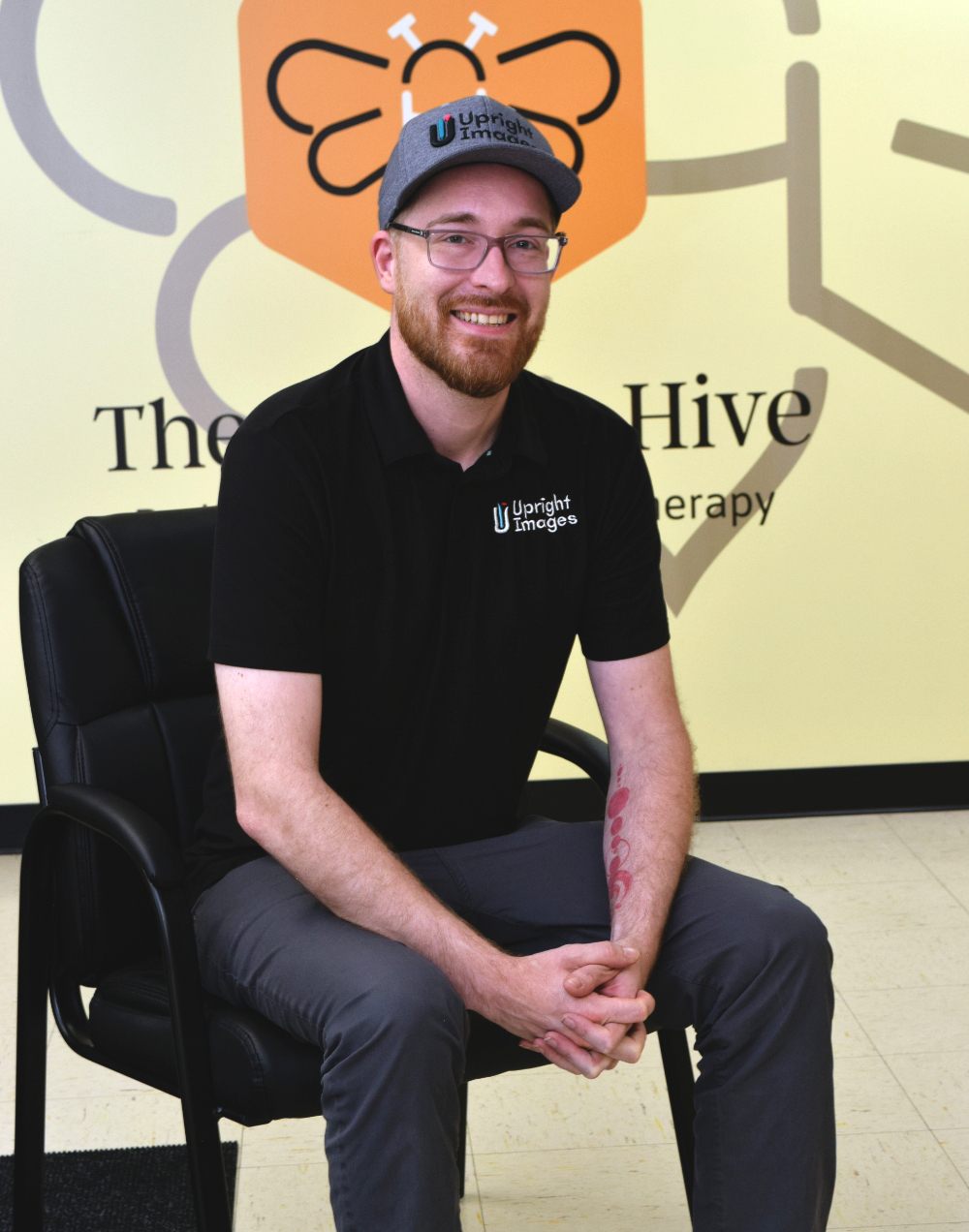
.jpg)
When someone has an idea for a new business, there are many aspects that need attention: company formation, establishing a financial plan, identifying potential customers, and assessing the size of the opportunity. Where to start?
Poet John Donne said that “No man [or woman] is an island, Entire of itself” and this is true 400 years later. For a new business, three areas of expertise are needed: domain expertise, marketing management, and financial oversight. However, if you are a sole proprietor, tapping into expertise outside of your strength can be expensive and risky. When one of these is missing, the enterprise will not perform as well, just like a stool with one leg will just fall over.
How do you take that germ of an idea and make it a reality? One way is to do the hard work of trying to learn every aspect of what is needed to turn the idea into a business. This can quickly lead to burnout and you will still likely fail. The other way is to find a few people who can help along the way.
For technical founders, this means finding someone who has a market understanding and someone who can support financial management. For someone with general marketing skills, this means finding a product developer that can implement your idea and someone that can provide financial oversight. This does not mean that every entrepreneur must hire two other people but it does mean that those resources need to be available and ready to support the new enterprise.
Working At the Business Vs. Working On
There are two required aspects of business that need attention: working at the business and working on the business. Working at the business means doing the work that defines the business. This would be bookkeeping in an accounting firm, serving as counsel in a law firm, or doing groundskeeping in a landscaping company. In technology companies, this means executing on defining, prototyping, validating, building, and commercializing a product.
Working on the business is tending to the infrastructure, financial management, personnel needs, and marketing (from concept to commercialization). Entrepreneurs tend to be good at working at the business—providing the goods or services that match their expertise—and less interested in or adept at working on the business. Attention to both aspects is needed for success.
The challenge for founders with a strong technical or scientific background is the inability to recognize that the expertise that they have does not necessarily extend to building and running a business. They may be smart and capable, but that intelligence and talent may not extend to building and scaling an enterprise. Technical and scientific founders may also quickly tire of the tedium of the government filings, legal matters, market assessment, and financial accountability that are required to build a business.
Finding Mentors
One way to address the need for expanding complementary expertise is to find one or more cofounders. The challenge with this approach is finding the right partner(s) that share values and goals while bringing the skills that the company needs. While finding a cofounder is possible, doing so will mean loss of control and the potential for interpersonal conflict. Establishing a business with a cofounder is akin to marriage—something that should not be entered lightly or quickly if you want it to be successful.
An alternative is to turn to a support organization that can provide guidance through a mentor or coaching program. In NH, there are many resources that founders can tap, many of them at no cost. The Small Business Development Center (SBDC) is the leading resource for business advising and education for small businesses in the state. SBDC has a team of professional business advisors who provide individualized advising at no charge. Additional SBDC programs provide support from one-on-one consulting with a legal, accounting, or financial professional as well as short courses on relevant topics for small businesses.
Other resources include SCORE, a nonprofit organization that works with and is supported by the U.S. Small Business Administration. SCORE also provides one-on-one mentors, either retired or seasoned executives and business owners, and courses to support a variety of small businesses. The Hannah Grimes Center for Entrepreneurship in Keene offers the space, tools, and connections that are needed to build strong businesses, including a Business Lab (an eight-week series of sessions on business fundamentals), one-on-one business coaching, and classes on various topics.
Starting a company is a high-risk proposition. Establishing the right relationships is key to increasing the likelihood of success. The good news is that you don’t need to go it alone. There are resources that will complement your abilities that can be deployed without the challenges of adding staff in the short term or compromising your goals. Tapping into a mentor program will provide (usually free) resources to complement a founder’s skills.
Roy Wallen is the CEO of Directional Healthcare Advisors, an international advisory services firm that specializes in commercialization of healthcare technology, working with mostly startups. He also serves as a member of the NH Tech Alliance’s Startup Committee as well as a coach and mentor to startup founders and as occasional judge in various competitions, incubators, and accelerators.


















